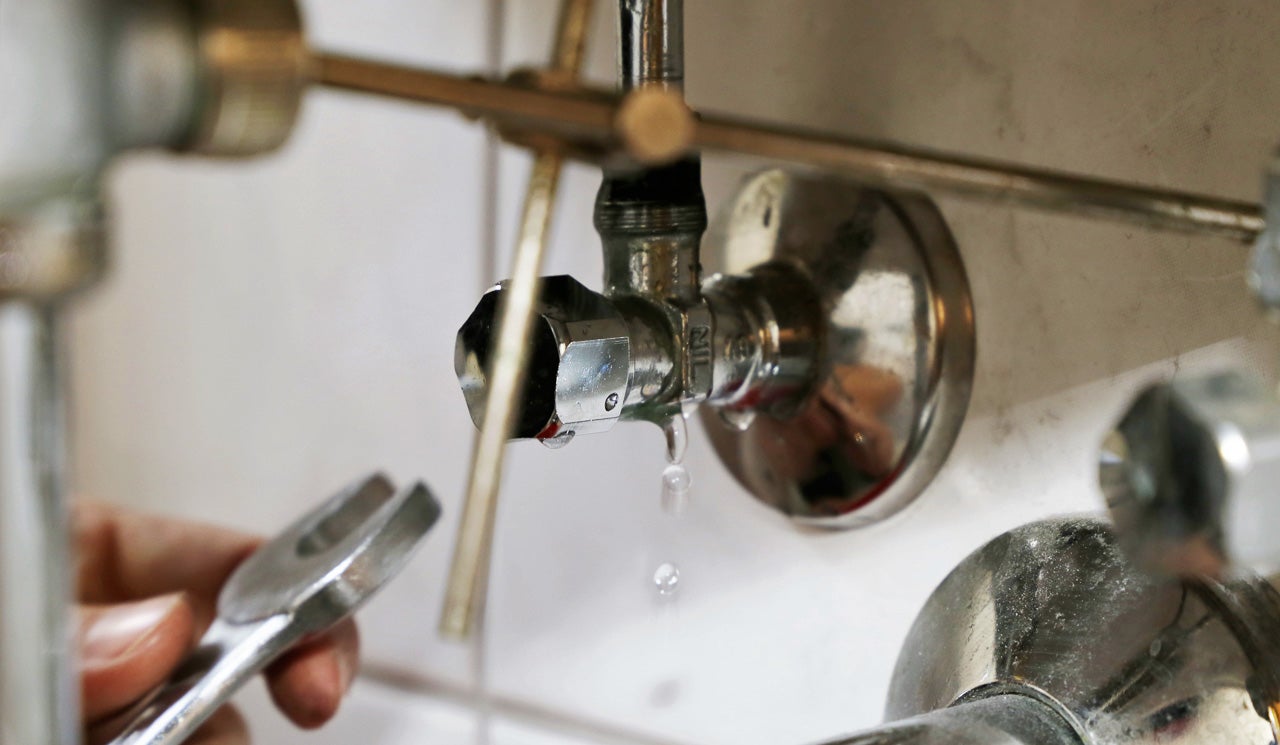What're your concepts on Locating water leaks?

Early detection of dripping water lines can reduce a prospective disaster. Some tiny water leakages might not be noticeable.
1. Analyze the Water Meter
Every home has a water meter. Examining it is a proven manner in which helps you discover leaks. For starters, turn off all the water resources. Make certain no person will flush, use the faucet, shower, run the washing device or dishwashing machine. From there, most likely to the meter and also watch if it will certainly change. Since no one is using it, there ought to be no movements. That suggests a fast-moving leakage if it relocates. If you spot no adjustments, wait a hr or 2 and also examine back once more. This indicates you might have a sluggish leakage that can even be underground.
2. Examine Water Usage
If you find unexpected adjustments, in spite of your usage being the same, it indicates that you have leaks in your plumbing system. An abrupt spike in your expense indicates a fast-moving leakage.
A consistent increase every month, also with the same routines, shows you have a slow-moving leak that's additionally slowly rising. Call a plumber to thoroughly check your property, particularly if you feel a warm location on your flooring with piping below.
3. Do a Food Coloring Test
When it comes to water intake, 30% comes from bathrooms. If the shade in some way infiltrates your dish during that time without flushing, there's a leakage in between the tank and bowl.
4. Asses Outside Lines
Don't neglect to inspect your exterior water lines too. Test spigots by connecting a yard hose. Ought to water permeate out of the link, you have a loose rubber gasket. Replace this as well as make certain all connections are tight. It will aid obtain it properly checked out and maintained every year if you have actually obtained a sprinkler system. One small leakage can throw away lots of water and also spike your water bill.
5. Examine the scenario and check
Property owners should make it a practice to inspect under the sink counters as well as even inside cupboards for any type of bad odor or mold and mildew development. These two warnings suggest a leakage so punctual focus is called for. Doing regular inspections, even bi-annually, can save you from a major problem.
Inspect for stainings and deteriorating as many pipes as well as devices have a life span. If you suspect leaking water lines in your plumbing system, don't wait for it to rise.
Early detection of leaking water lines can reduce a potential calamity. Some little water leakages might not be visible. Inspecting it is a guaranteed method that aids you find leakages. One small leakage can throw away heaps of water as well as increase your water bill.
If you believe leaking water lines in your plumbing system, do not wait for it to rise.
WARNING SIGNS OF WATER LEAKAGE BEHIND THE WALL
PERSISTENT MUSTY ODORS
As water slowly drips from a leaky pipe inside the wall, flooring and sheetrock stay damp and develop an odor similar to wet cardboard. It generates a musty smell that can help you find hidden leaks.
MOLD IN UNUSUAL AREAS
Mold usually grows in wet areas like kitchens, baths and laundry rooms. If you spot the stuff on walls or baseboards in other rooms of the house, it’s a good indicator of undetected water leaks.
STAINS THAT GROW
When mold thrives around a leaky pipe, it sometimes takes hold on the inside surface of the affected wall. A growing stain on otherwise clean sheetrock is often your sign of a hidden plumbing problem.
PEELING OR BUBBLING WALLPAPER / PAINT
This clue is easy to miss in rooms that don’t get much use. When you see wallpaper separating along seams or paint bubbling or flaking off the wall, blame sheetrock that stays wet because of an undetected leak.
BUCKLED CEILINGS AND STAINED FLOORS
If ceilings or floors in bathrooms, kitchens or laundry areas develop structural problems, don’t rule out constant damp inside the walls. Wet sheetrock can affect adjacent framing, flooring and ceilings.
https://www.servicemasterbyzaba.com/blog/how-to-detect-water-leakage-in-walls/

Do you really like more info about Locating water leaks? Write a remark below. We will be delighted to hear your opinion about this write-up. In hopes to see you back again in the future. Enjoyed our content? Please share it. Help other people locate it. Many thanks for your time invested reading it.
Book Today!